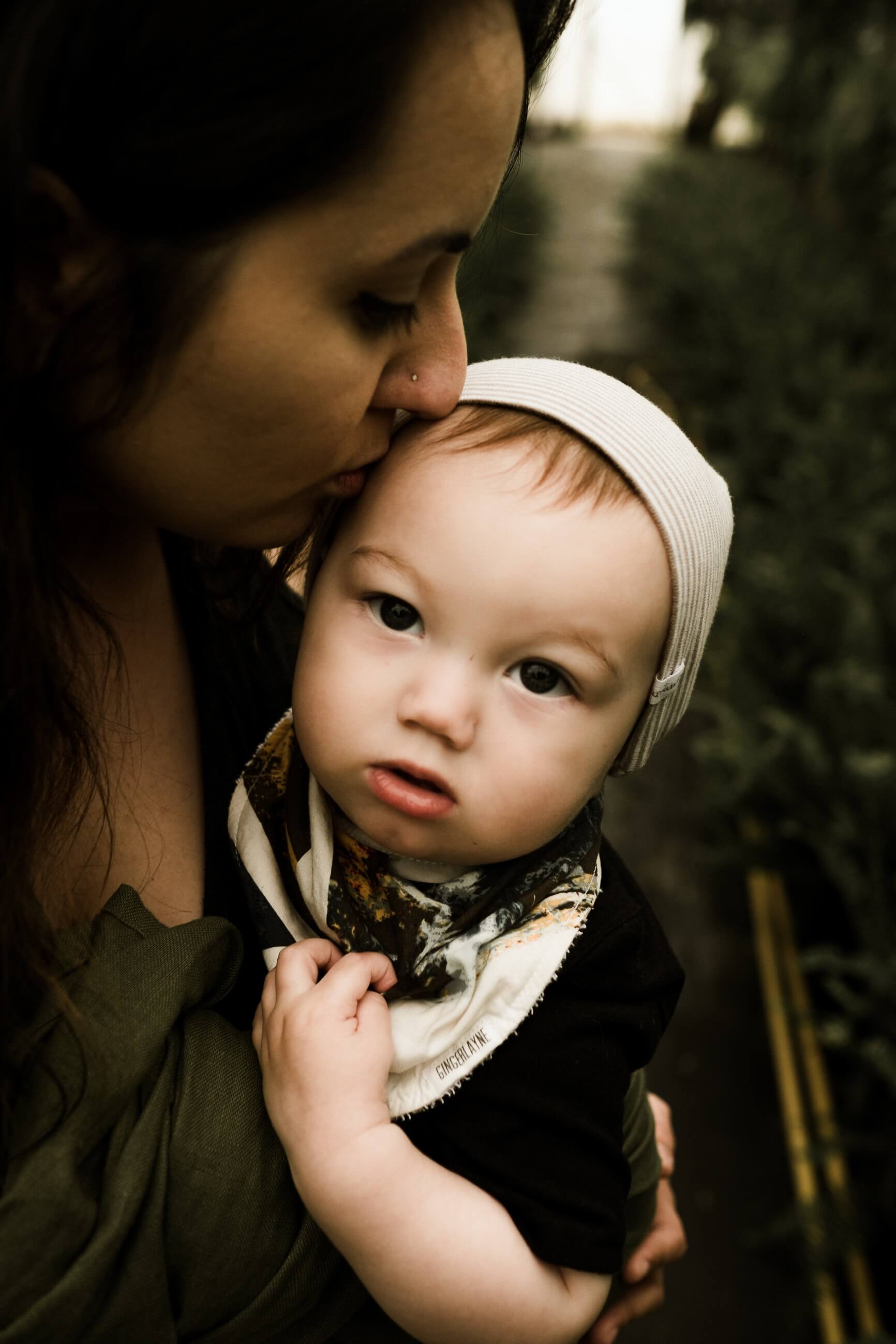How to Raise an Honest Child

You wake up on a Saturday morning because you thought you heard something strange, only to find out that your child has emptied an entire gallon of milk on the kitchen floor. Still groggy and more than a little bit upset that your weekend has started with an entire kitchen floor of milk, realizing you’re going to have to move the stove to clean under it you ask “what happened?” bleary-eyed even though you know the answer. “It was like this when I got here.” your sweet child replies. Now what?
The anxieties of parenting are all brought to the surface when your child lies. It’s not just the lie itself but the fallout from it. How can you trust your child? How will they make and keep friends? Will they ever just tell the truth? How can you raise an honest child anyway?
Why do children lie?
Until about the age of 6, most children developmentally cannot tell the difference between fantasy and reality or the truth and a lie. While some children may catch on earlier, it is pretty much hopeless to try to set hard expectations at these early ages. You can, however, work on reinforcing what the truth is. Ask questions like “did that really happen or is it just a story?” which may help your child learn to distinguish where the line between fact and fantasy is.
Children between six and eight almost always lie to see if they can. This testing of the waters happens in all areas of a child’s life at many different points but lying, in particular, can become a problem now. This is due to other developmental issues still, where a child may realize that they can lie but not always realize it’s wrong. Conscience, that little nagging feeling when you do something you know is wrong, is still developing during this time. A child can be held accountable to whether they are telling a lie or the truth, but they may not be able to self-regulate just yet.
After age 8 or 9 most children who are developmentally typical will definitely know the difference between the truth and a lie and also begin to feel bad if they lie because they realize it is wrong to do so. That doesn’t mean they still won’t try it out, especially when trying to get out of trouble or avoid getting into trouble in the first place. The other reason children lie at this age is related to self-esteem or insecurity issues, they may tell stories in which they are the hero to try to assuage feelings of inadequacy.
 Now that you know why children lie, the big question is how to get it to stop. What can a parent do to raise an honest child?
Now that you know why children lie, the big question is how to get it to stop. What can a parent do to raise an honest child?
First and foremost, be a model of honesty. Don’t lie to your children, and try to avoid doing it in front of them. Children are masters at spotting hypocrisy and double standards but not so great at appreciating nuance. You’re probably pretty honest, to begin with, but as adults, we do tend to tell tiny fibs to protect others feelings or even just to smooth things over socially. It’s important to know that your child will not understand this. Work on making sure you’re always telling the truth. Help them learn to do so as well. If, for example, they get a present for Christmas from a relative that they don’t like, teach them to say “thank you” and find something positive about it that is true to say. Obviously brutal honesty in this situation would be seen as rude, but you can be honest in a soft way.
You can also help things along by not creating opportunities to lie. Try to avoid asking questions if you know the likely outcome is a lie. Don’t say “Did you do your homework?” if you know your child didn’t or if your child has lied about this before. Instead say “When you’re finished with your homework, come to show it to me.” This lets your child know that you’re going to be checking up on them and that there isn’t going to be an opportunity to lie. By cutting of paths that could lead to lying you’re giving your child an opportunity, to be honest. The temptation to lie is strong when a child thinks it might help them avoid punishment or disappointing parents, so take that temptation away by leaving them no path to lie their way through things.
Set expectations early about honesty, make telling the truth safe. Children are more likely to tell the truth if they know that it is expected and appreciated. Even though it may not seem like it, your child does want to please you. If they are aware that honesty is valued it may be the little push in the right direction when the opportunity to tell the truth or lie comes up. Obviously, sometimes children will do things that require punishment and telling the truth is not going to be a “get out of jail free” card, but you can try to curate a culture of truth by always remaining calm and telling them you appreciate their honesty. While it may be tempting to punish lying harshly, that can also backfire. By creating a situation where they know lying will get them in more trouble you could unwittingly be encouraging them to dig their heels in and lie more in an attempt to avoid punishment at all. Use your best judgment on this, but beware that some children are just stubborn enough to double down if you make lying into a no-win situation. Again it’s best to avoid testing them by making sure you leave little room for lies in the first place.
As with everything else, raising an honest child is a marathon, not a sprint. You may see great progress only to watch them slip back into old habits again. Try to remain positive and focused. Every failure is just one more step to success. Patience and mindfulness can help you to navigate the waters of parenting with a calm mind and a strong sense of purpose.






